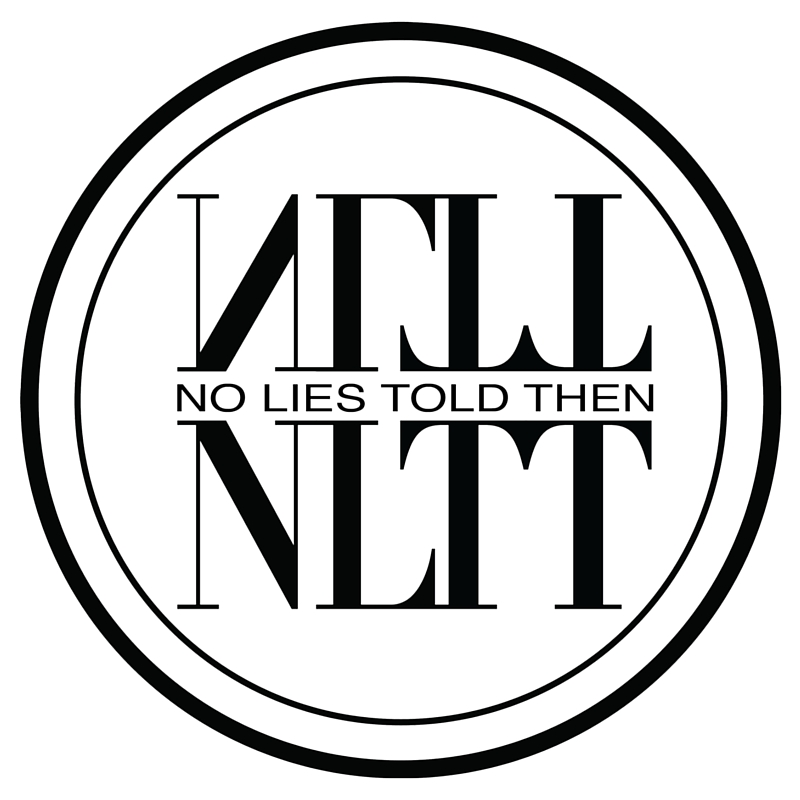If there’s one thing that isn’t stated enough these days, it’s the importance of listening to our elders and learning from their experiences. Maybe technology has made us feel like all knowledge is accessible with a device connected to the Internet, or maybe we don’t value maturity. Either way, deep and meaningful conversations between generations don’t hold the weight they should, and many opportunities are missed.
The oral tradition cultures of centuries ago gave the young a front row seat to the wisdom of parents and grandparents. We might not sit around fires and have story time with grandma but we still have people available to us who provide perspective and empowering words.
Who do you think you’d be today, if someone older hadn’t dispensed advice, guidance and a warning or two? How many bad decisions were you saved from making because you listened to someone who clearly knew a lot more than you? There is so much value in learning from each other, and even more when we allow our communication to cross the generational lines.
It isn’t one sided either; when intergenerational conversations are encouraged, both sides of the age divide benefit. Young people can teach older generations about a lot more than how to use Instagram. Through our perspectives they can see life through different eyes, and open up to new views on things like careers, gender roles and finding happiness. Through their perspectives we can learn about black womanhood and black manhood, learn how to make better decisions and how to be great examples for the generations that follow.
In whatever form they come, intergenerational conversations are a vast and often underappreciated resource that impact who we become. It is a part of our story that is incredibly important. The four main characters in No Lies Told Then, Sandra, George, Bridget and Johnathan are a perfect representation of important conversations between the generations.
George relied on Johnathan as a confidant, Sandra also learned a great deal from Johnathan’s perspectives and although their relationship wasn’t perfect, Sandra was also enriched through her conversations with her mother. For Sandra, her learning started as a young girl growing up in Harlem, but we get to see the ultimate benefit of everything she learned in the woman she becomes. Though the journey of her life was often bumpy, terrifying and difficult – having the wise words of the people around her aided her navigation. She also provided powerful life lessons to her own mother and it teaches us that no one is ever too old to learn.
Having older and wiser people in our corner makes a difference; if we’re lucky enough to have them we should lean on these relationships. Find a mentor, spend time with your parents, aunts and uncles, soak up the nuggets of their life experience and teach them a few things too! Appreciating these connections means that we too will be appreciated when we slide to the higher side of the great age divide!






